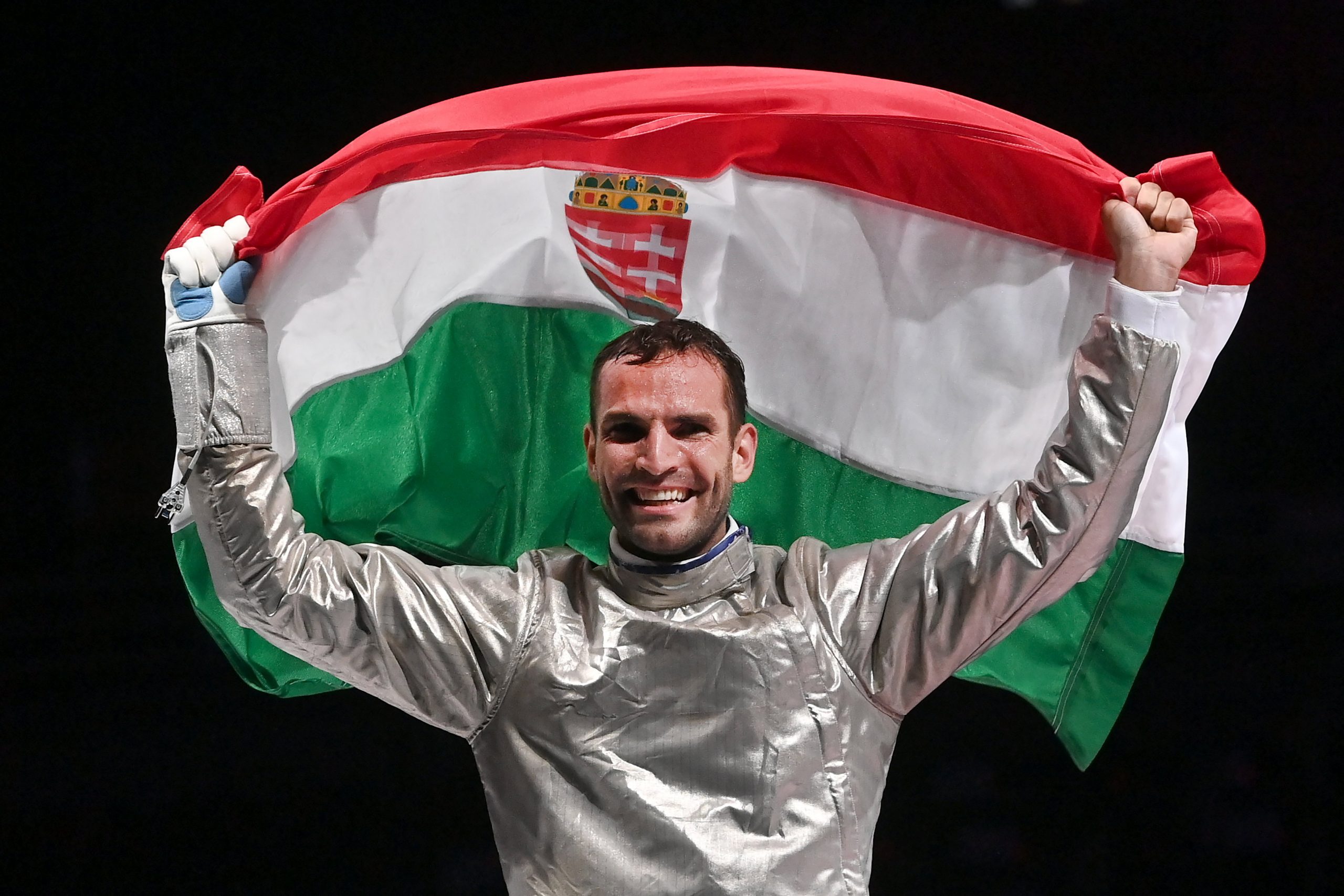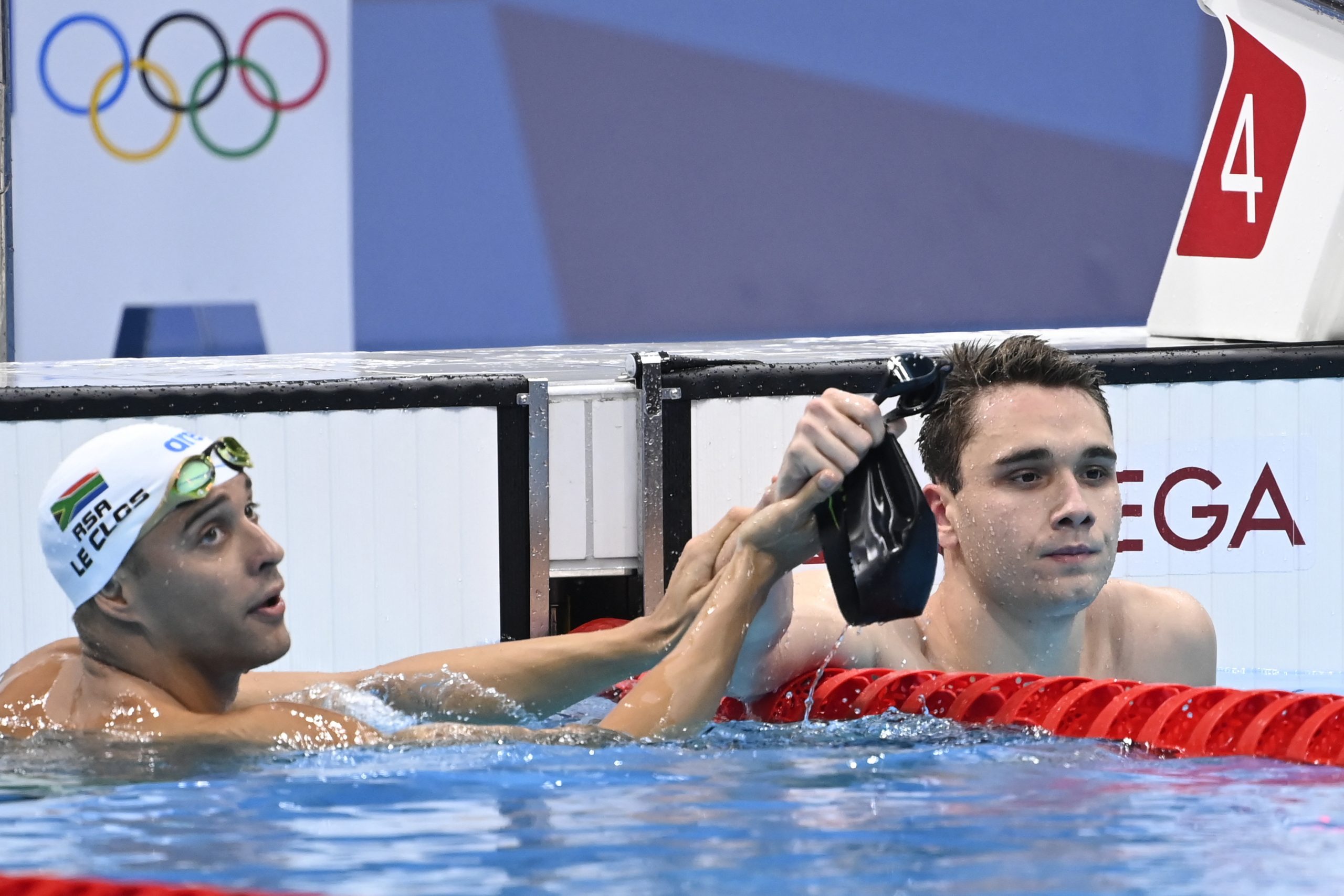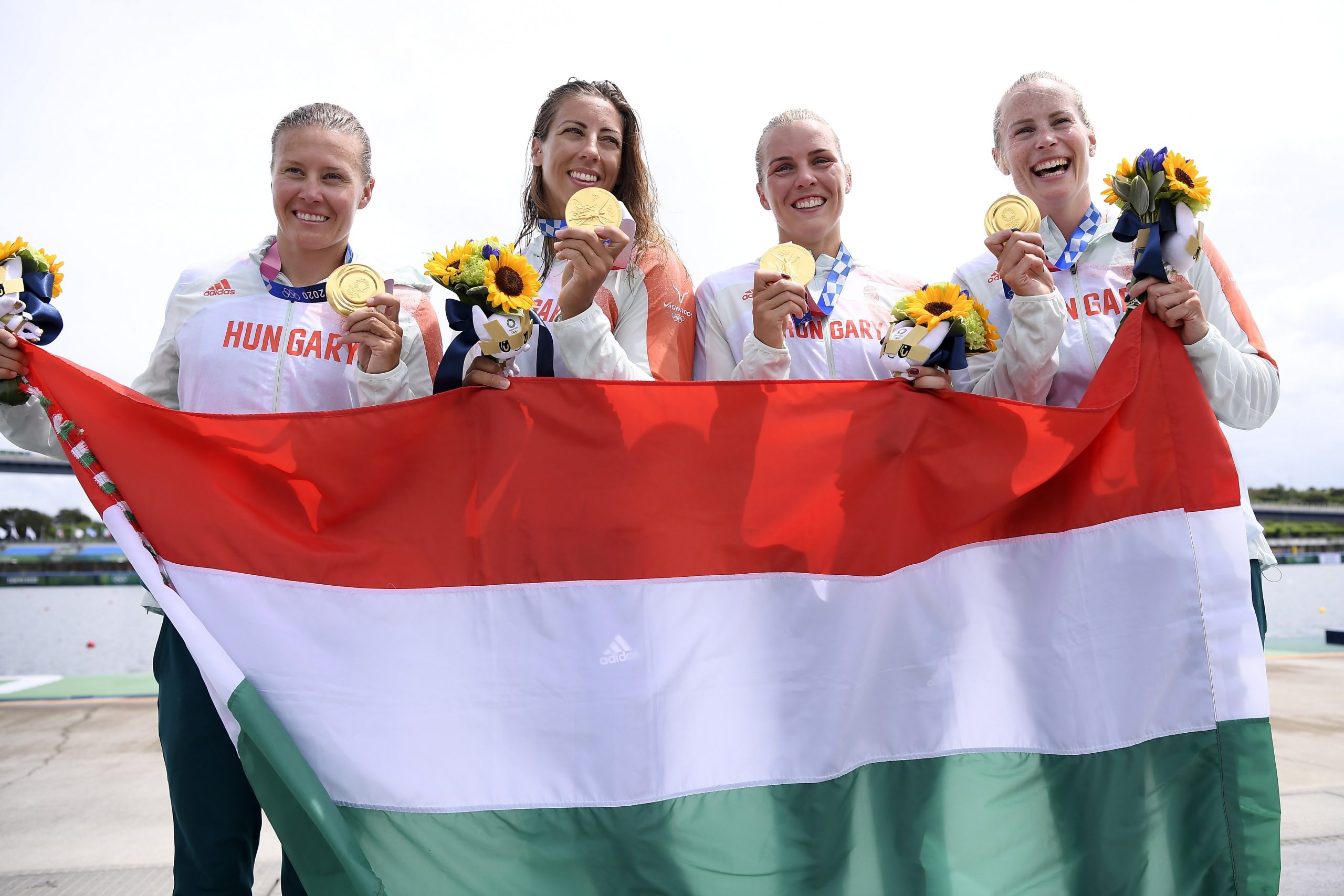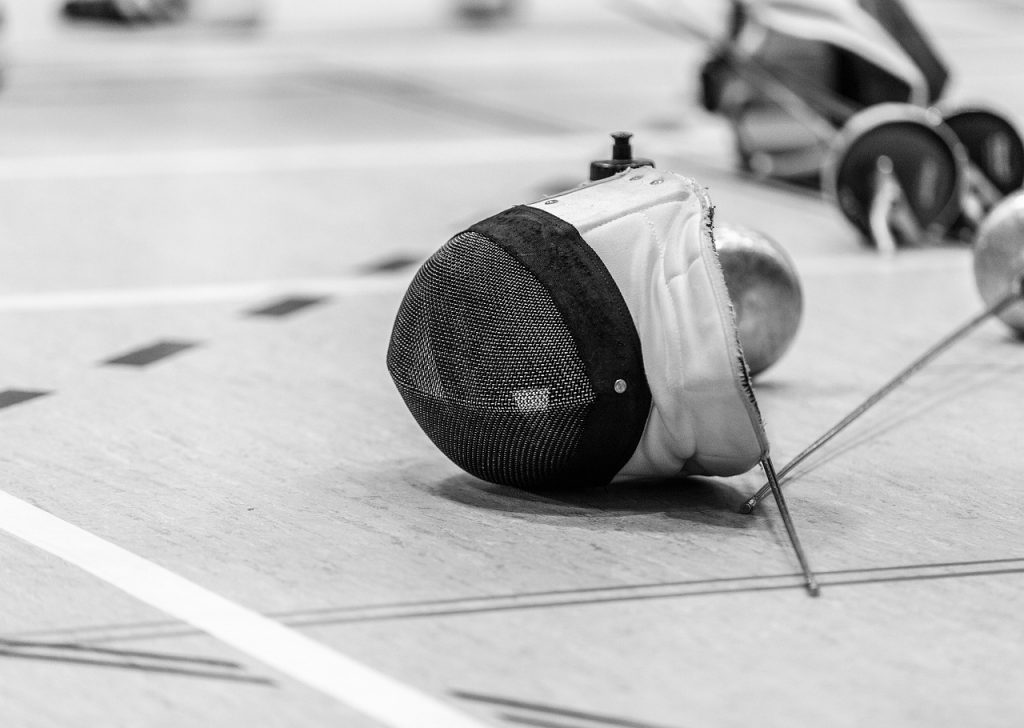It is the day after the end of the Tokyo 2020 Olympic Games, the last of the Hungarian Olympic athletes are currently on their way home from Japan. Hungary had a strong showing this year, coming in 15th overall on the medal table and 11th in weighted medals per million people, with 6 gold medals, 7 silver, and 7 bronze. Our team reached many new milestones in Hungarian athletic history: Danuta Kozák became the most successful female Hungarian Olympian in history with six gold medals, Áron Szilágyi became the first and only male fencer in history to win three individual Olympic gold medals, Kristóf Milák’s gold medal in the 200m butterfly placed Hungary among only 6 nations in the world that have a gold medal in each swimming discipline, and the Hungarian women’s water polo team won its first ever medal by defeating the Russian Federation for bronze.
An important thing to keep in mind though, is that
while the Olympics has ended for us fans, this does not apply to the athletes, coaches, and other support staff of the Hungarian Olympic Team.
For them, the Olympics is an ongoing cycle of constant training with the Games being the climax. Us viewers only get a very short glimpse into this cycle every four years.
Quite a few articles have been published in Hungarian newspapers about the sacrifices that many of our athletes make to achieve and maintain the necessary physical fitness to compete. Many of the athletes start training as children, continue through their teens, and they have to give up many of the experiences that most teenagers and young adults take for granted. Bálint Kopasz (24), who won the gold medal in men’s K-1 1000 metres spring canoeing, had the following to say about his victory
I felt this euphoria when I reached the finish, then afterward, as the hours passed after my victory, everything calmed down. This was mostly because this tiredness overcame me, and I was hit with the realization that all of this work, my complete devotion to canoeing, has taken up my entire life so far… I need some time, for everything to go back into place, so that I can digest the fact that every day was taken up by canoeing, there was nothing else. I need to change that.”
On the other hand, there are older athletes who have families, spouses, and children; they have to give up time with their loved ones to train. Danuta Kozák was quite open about the difficulties of training constantly for years
This is for sure the triumph of a lifetime: there were difficult moments, since it is not easy when you are leaving for practice, and your daughter is crying while asking, when will this stupid Olympics be over. And you are just counting down, three more, two more, and then you start to want to just get over it.”
Then you have the pressure, the expectation by hundreds of thousands, if not millions of fans sitting comfortably on their couches at home, for athletes to bring home a medal. Katinka Hosszú, the “Iron Lady”, drew the ire of many fans when she failed to win a single medal in Tokyo. Kristóf Milák, who did win, and won big, expressed his disdain for talking to the press, but admitted that this responsibility comes with being the best in the world.
A false start, a slight misstep, or even a bad night’s sleep is more than enough to end an athlete’s quest for Olympic success. At the end of the day,
it is important to keep in mind that our athletes are people too, who spend an extraordinary amount of time training to represent Hungary on the global Olympic stage.
We only see a sliver of their journey, a few minutes on television that determines whether we remember their names, adore them for winning, and hoist them on the collective shoulders of the nation, or forget their names and consign them to the dustbin of sports history.
In the featured photo illustration: Bálint Kopasz after winning the Olympic gold. Photo by Tamás Kovács/MTI




